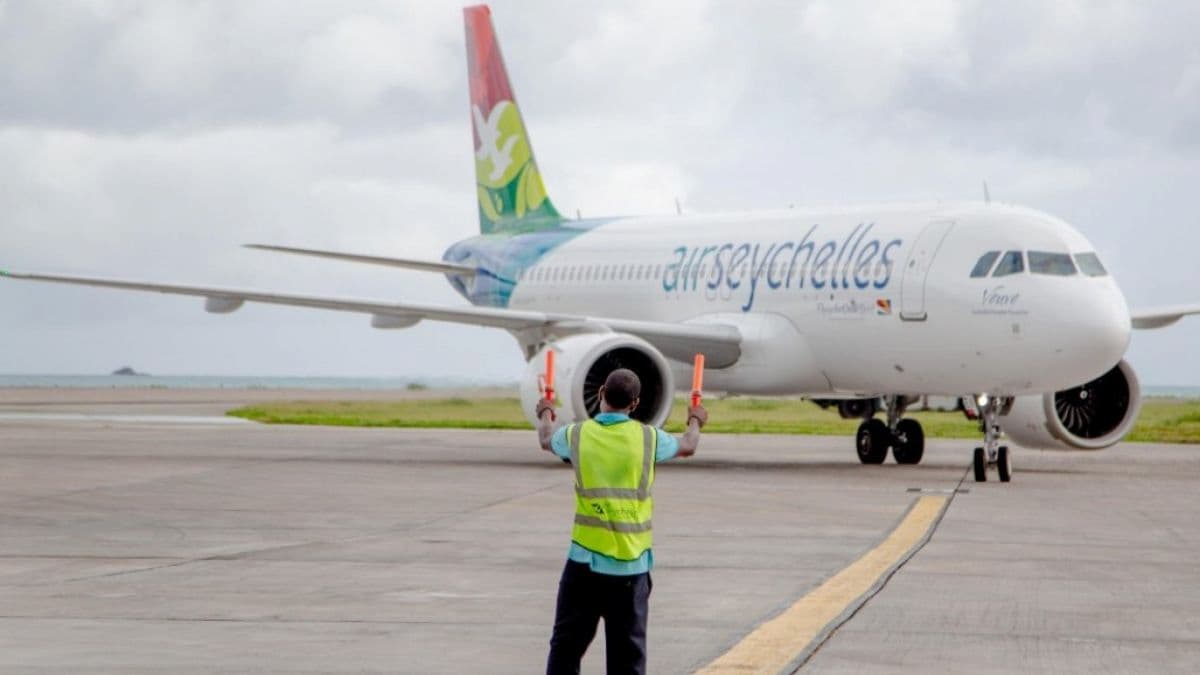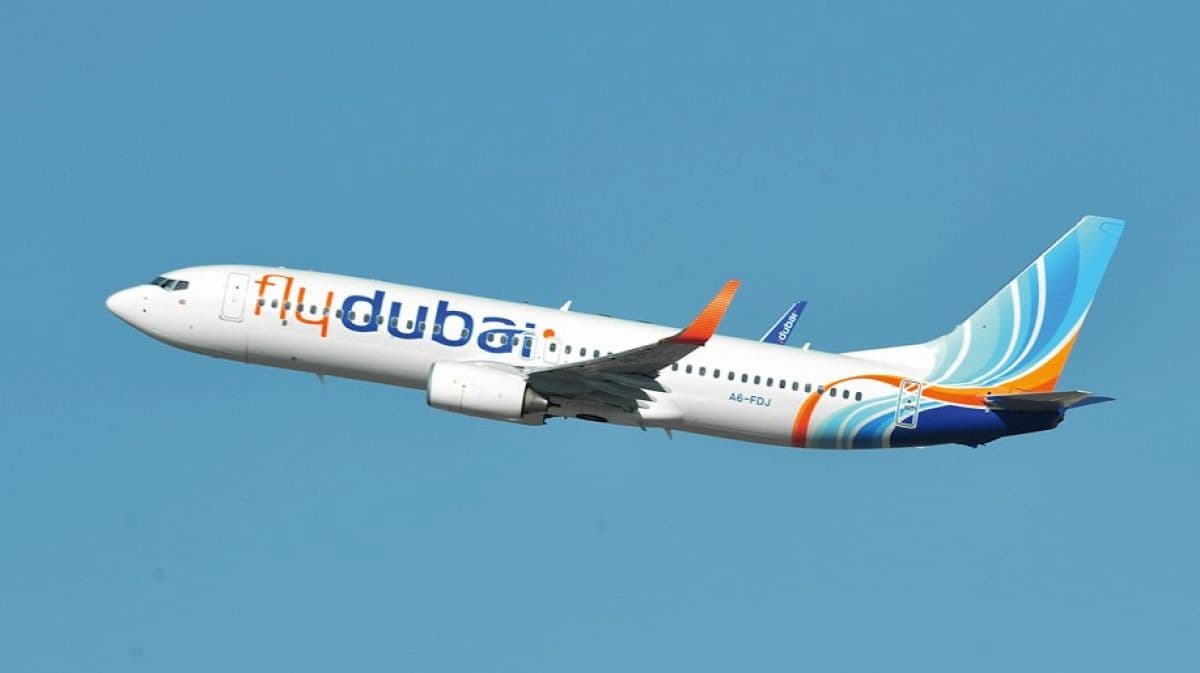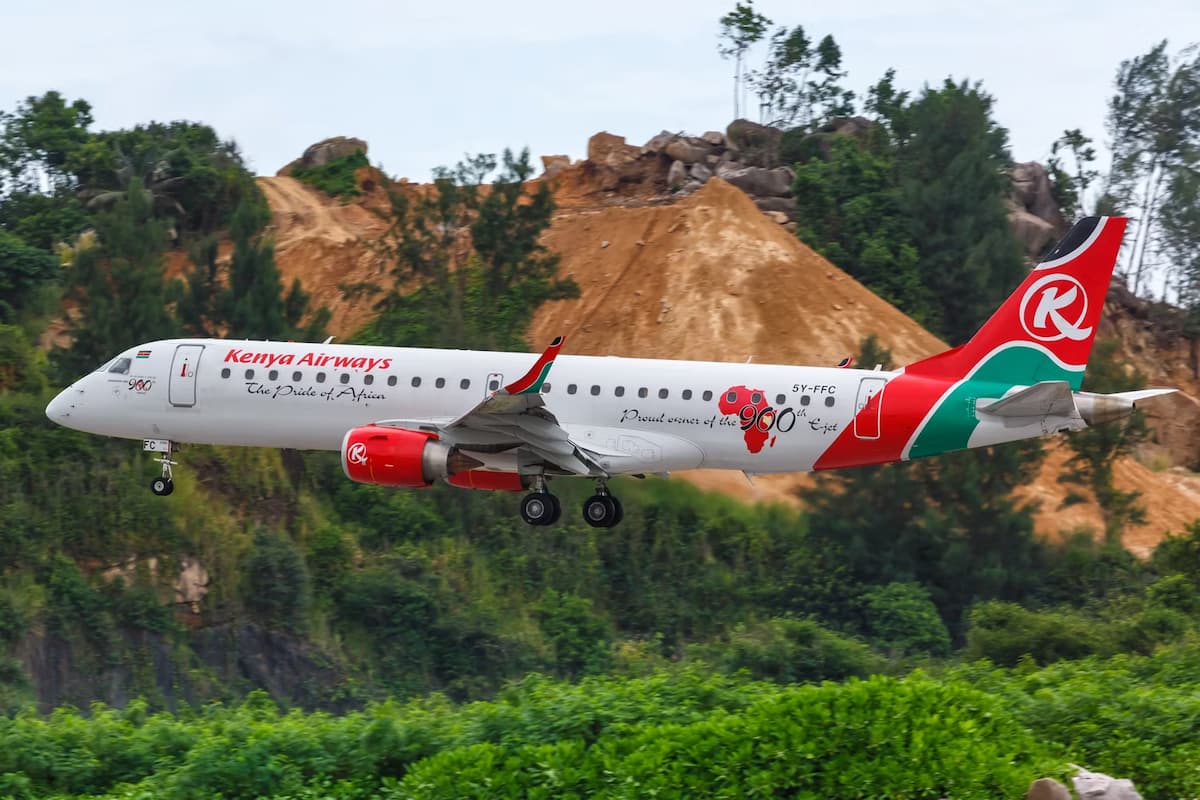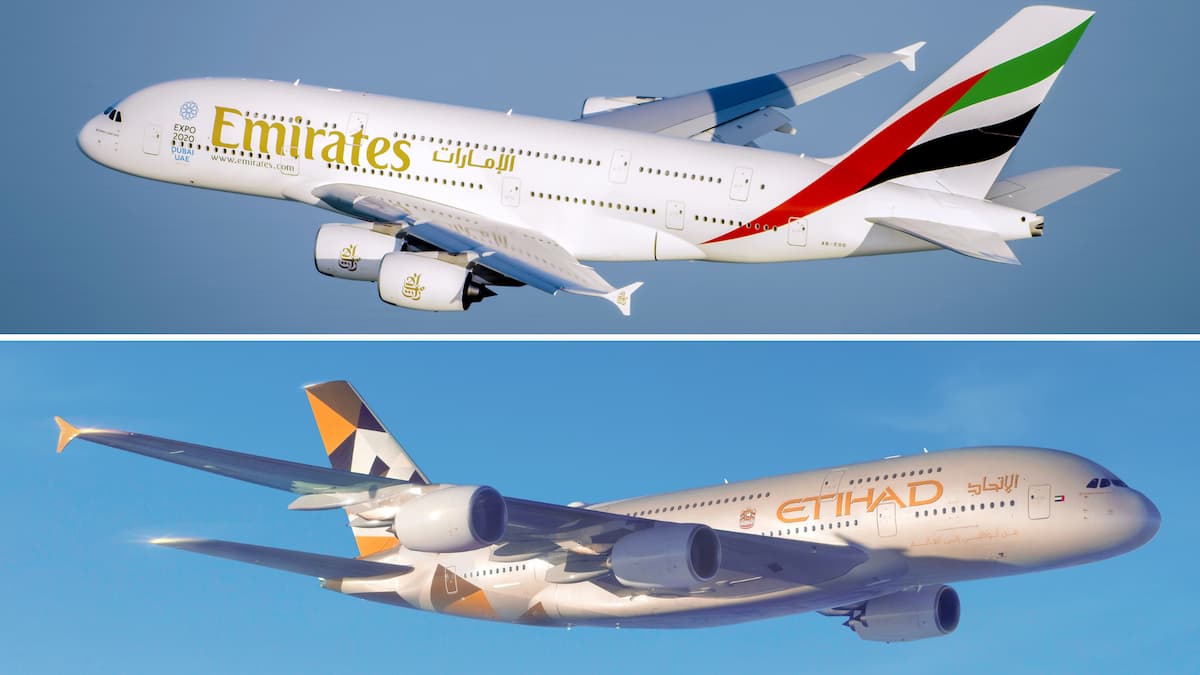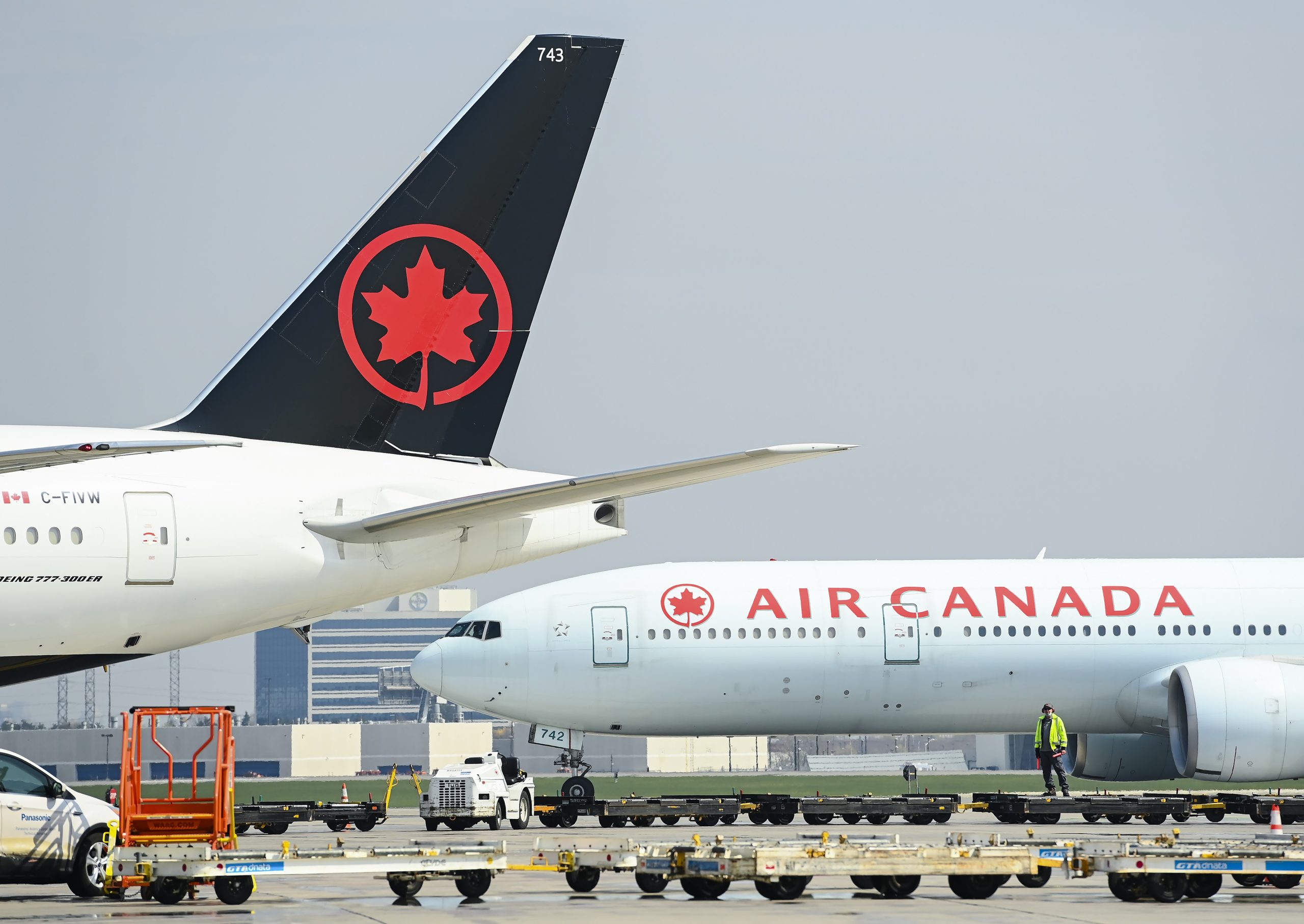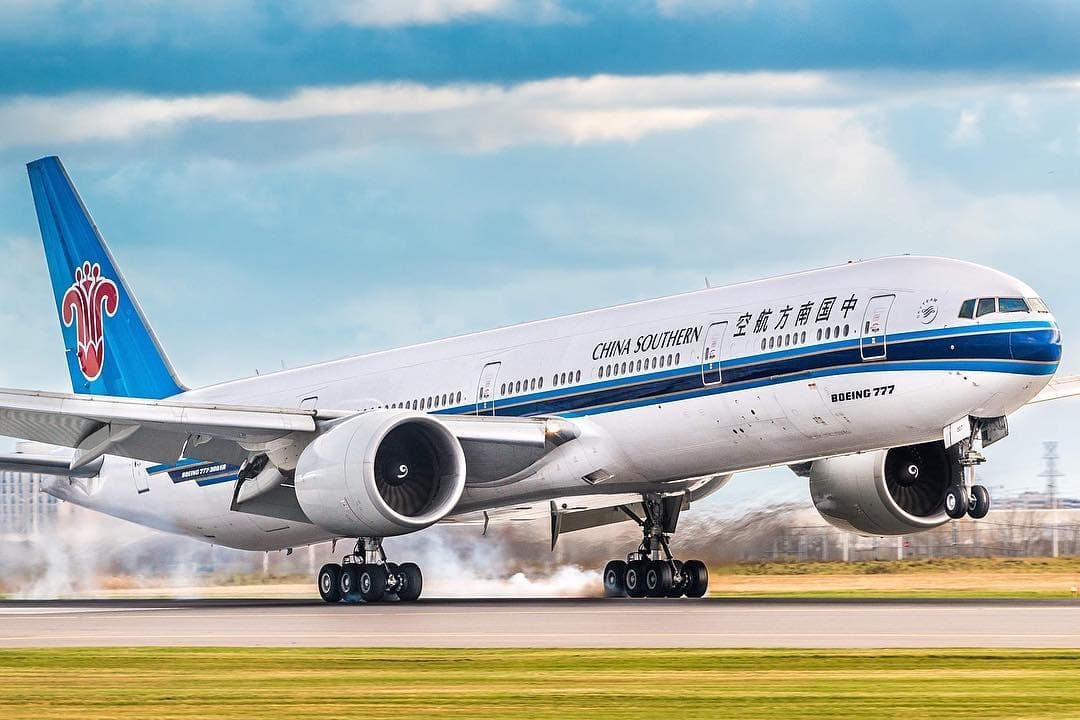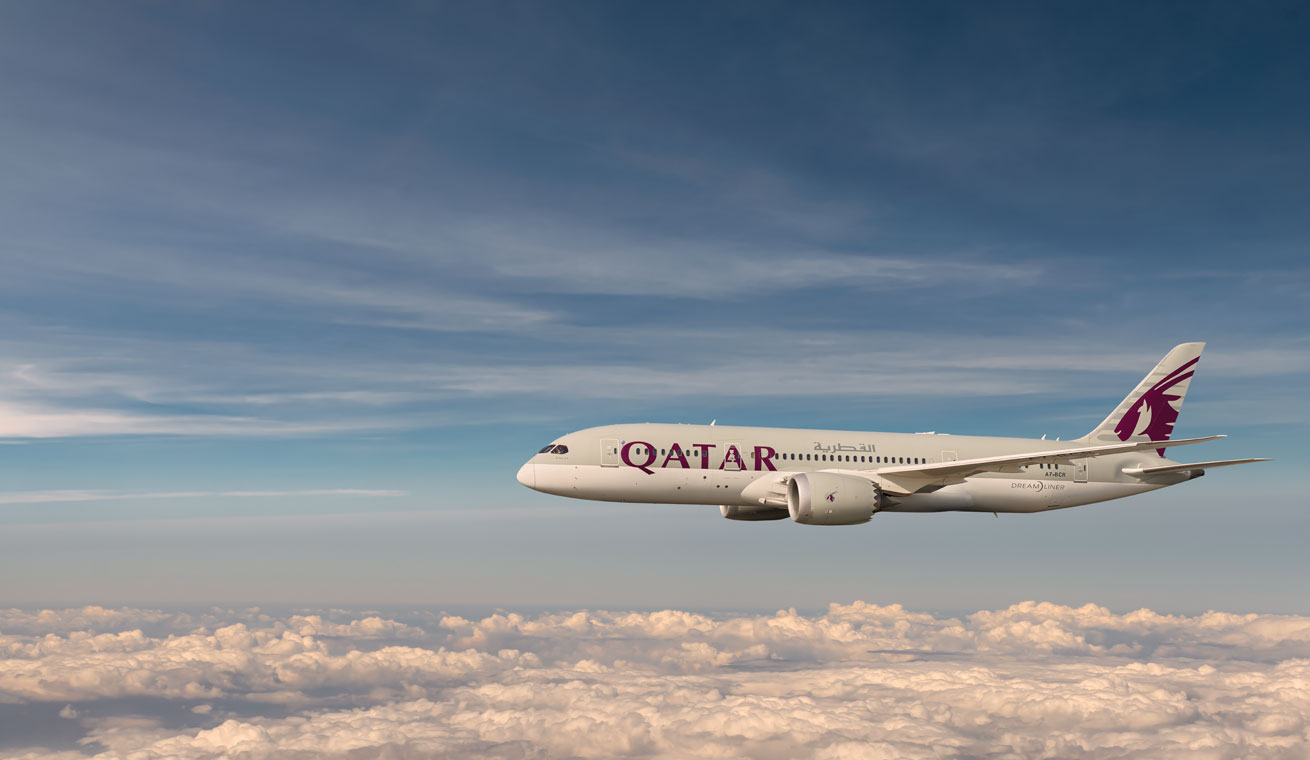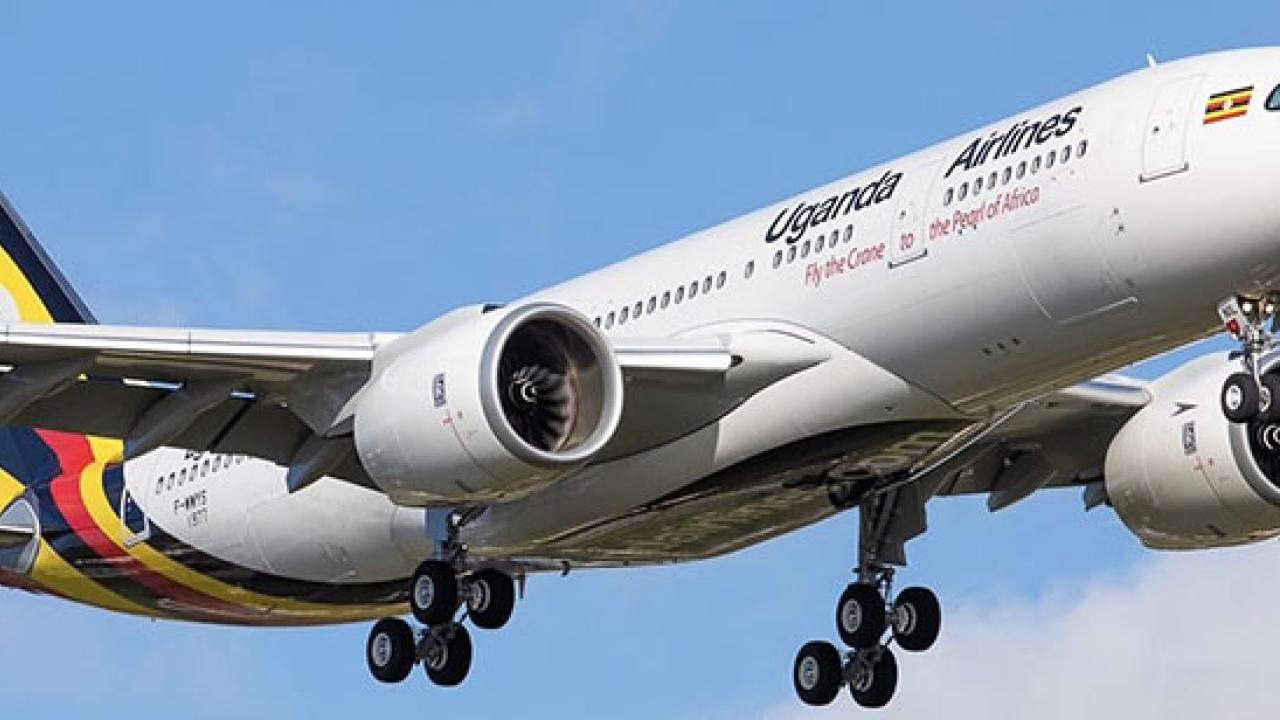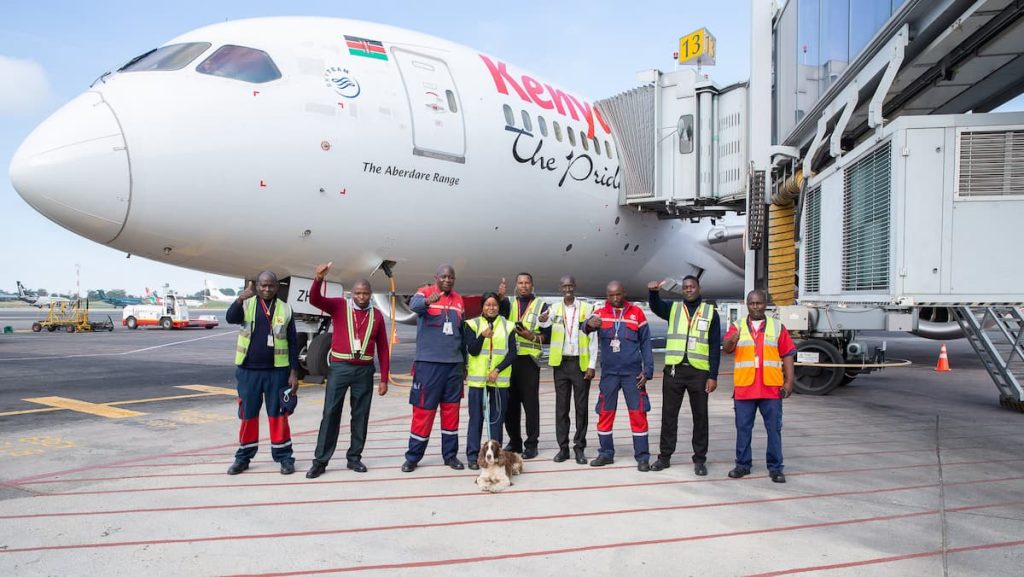
A significant milestone for Kenya Airways and the African aviation industry. On May 25, Kenya’s national carrier Kenya Airways (KQ) operated possibly the most sustainable commercial long-haul flight between Africa and Europe as part of The Sustainable Flight Challenge (TSFC) by SkyTeam. The challenge is a friendly competition between members of the alliance. The flight was operated on KQ’s Boeing 787 Dreamliner, departing Nairobi Jomo Kenyatta Airport (NBO) at 08:40 and arriving at Amsterdam Schiphol Airport (AMS) at 16:40. The entire Kenya Airways team worked tirelessly to make sure the flight was a success. KQ’s SAF-powered flight involved sustainable flight and ground operations, a sustainably curated in-flight menu, a customer carbon offsetting program, e-mobility for guests, travel light policies, and waste management initiatives.
Eni Sustainable Aviation Fuel
Kenya Airways used Sustainable Aviation Fuel (SAF) provided by Eni as part of the challenge, making it the first African airline to use this type of fuel. For the flight, JetA1 fuel was mixed with Eni Biojet to significantly cut carbon emissions and demonstrate the future of world air travel. Eni Biojet is the first biogenic SAF. It is blended with 20% of Eni’s Jet Fuel and made in Synergy with its Gela biorefinery solely from waste materials, animal fats, and used vegetable oils. The fuel is produced at the company’s Livorno factory and tested in research laboratories to ensure quality. It is also the first exclusive batch of SAF to come out of Eni’s Livorno refinery. The partnership between Eni and one of Africa’s most prominent carriers is a significant step towards the decarbonization of aviation in the continent. Kenya Airways CEO Allan Kilavuka said; “Working with Eni Sustainable Mobility to pilot the use of Sustainable Aviation Fuel (SAF) puts us on the first pathway to testing the use of Sustainable Aviation Fuel within Africa. The data and insights generated from the pilot flight will be valuable to inform policy decisions, regulatory frameworks, and industry best practices related to SAF. This will be a significant milestone for Kenya Airways and the broader African aviation industry.” In addition to reducing carbon emissions during flights, the production and use of Sustainable Aviation Fuels must reduce water usage, limit the use of pesticides and fertilizers, and not use land reserved for food production, significantly reducing deforestation. Blending jet fuel with biofuels JetA1 fuel can be combined with up to 50% of Eni Biojet as it contains 100% biogenic feedstock. For the Nairobi-Amsterdam flight, it was mixed with conventional jet fuel, and Kenya Airways will continue working with Eni to power flights going out of the country. As the use of biofuels is still being tested, such flights will provide valuable data and insights as the aviation industry works towards Net Zero by 2050. Additionally, the SAF powered flights allow Kenya Airways to gain a competitive advantage in the continent. Eni CEO Stefano Ballista said; “The supply of Eni Biojet to Nairobi Airport is an important step for Eni Sustainable Mobility because it confirms that the company can support airlines such as Kenya Airways in their path towards decarbonization.” From 2025, all airlines operating flights from European airports will be required to incorporate a portion of SAF. Kenya Airways seeks to take advantage of this sustainability momentum in line with EU guidelines for blending jet fuels.
Sourcing raw materials from Africa
Eni currently produces aviation fuel with a 20% biogenic component, JetA1, and Eni Biojet. The company has signed agreements with various airlines, airports, and logistical operators to deliver it, with over 200,000 tonnes expected to be produced annually from 2024. The mega-production requires a significant supply of raw materials which can be sourced from Africa. Eni is looking to develop a supply chain in Kenya to collect used cooking oil through collaborations with various companies in the food sector. This will also contribute to food waste management in Africa. Eni and Kenya Airways will continue working together for a greener future and reach a broader agreement for long-term collaboration. As importing Jet Fuel is one of the most significant costs for African airlines, the production of SAF in the continent would be essential for maintaining a sustainable African aviation market.
SOURCE: simpleflying

